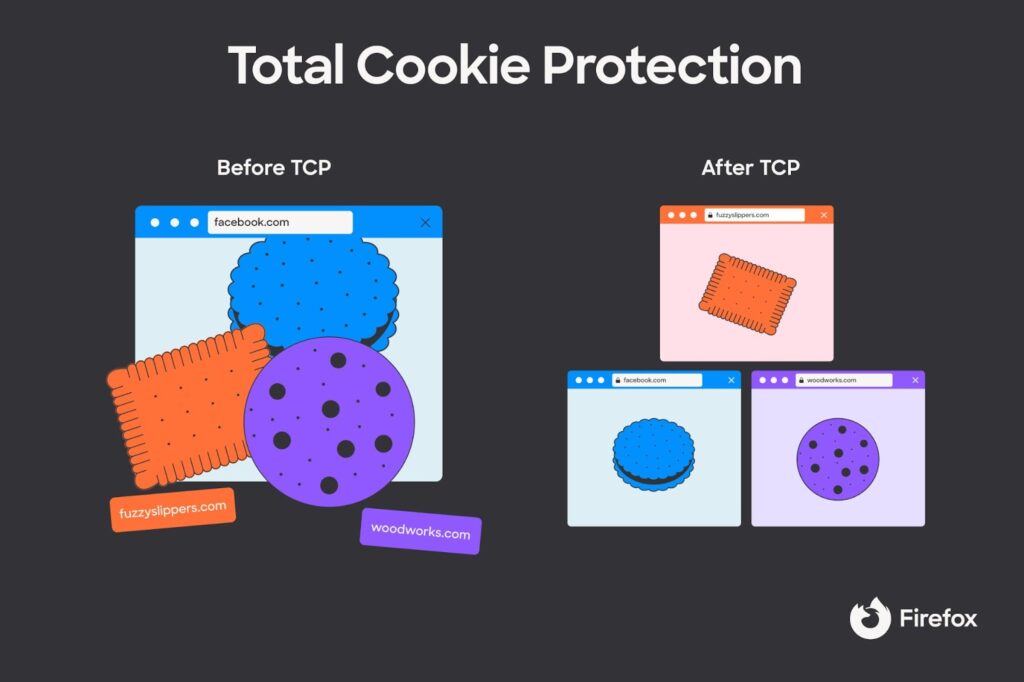Get fucked, advertisers.
Technology
This is a most excellent place for technology news and articles.
Our Rules
- Follow the lemmy.world rules.
- Only tech related content.
- Be excellent to each another!
- Mod approved content bots can post up to 10 articles per day.
- Threads asking for personal tech support may be deleted.
- Politics threads may be removed.
- No memes allowed as posts, OK to post as comments.
- Only approved bots from the list below, to ask if your bot can be added please contact us.
- Check for duplicates before posting, duplicates may be removed
Approved Bots
Advertisers track you with device fingerprinting and behaviour profiling now. Firefox doesn't do much to obscure the more advanced methods of tracking.
Don't all the advanced ways rely on JavaScript?
Lots do. But do you know anyone that turns JS off anymore? Platforms don't care if they miss the odd user for this - because almost no one will be missed.
"Anymore"? I've never met a single soul who knows this is even possible. I myself don't even know how to do it if I wanted to.
I do use NoScript, which does this on a site-by-site basis, but even that is considered extremely niche. I've never met another NoScripter in the wild.
Why not just use ublock medium mode?
Roughly similar to using Adblock Plus with many filter lists + NoScript with 1st-party scripts/frames automatically trusted. Unlike NoScript however, you can easily point-and-click to block/allow scripts on a per-site basis.
https://github.com/gorhill/uBlock/wiki/Blocking-mode:-medium-mode
For those who don't care to read the full article:
This basically just confines any cookies generated on a page, to just that page.

So, instead of a cookie from, say, Facebook, being stored on site A, then requested for tracking purposes on site B, each individual site would be sent its own separate Facebook cookie, that only gets used on that site, preventing it from tracking you anywhere outside of the specific site you got it from in the first place.
Hahahahaha so it doesn't break anything that still relies on cookies, but neuters the ability to share them.
That's awesome
Honestly, I thought that's how it already worked.
Edit: I think what I'm remembering is that you can define the cookies by site/domain, and restrict to just those. And normally would, for security reasons.
But some asshole sites like Facebook are cookies that are world-readable for tracking, and this breaks that.
Someone correct me if I got it wrong.
Total Cookie Protection was already a feature, (introduced on Feb 23st 2021) but it was only for people using Firefox's Enhanced Tracking Protection (ETP) on strict mode.
They had a less powerful third-party cookie blocking feature for users that didn't have ETP on strict mode, that blocked third party cookies on specific block lists. (i.e. known tracking companies)
This just expanded that original functionality, by making it happen on any domain, and have it be the default for all users, rather than an opt-in feature of Enhanced Tracking Protection.
They've been doing this with container tabs, so this must be the successor to that idea (I'm going to assume they'll still have container tabs).
Container tabs are still a thing in FF. This is based on that work, if I remember correctly.
Basically creates a fake VM like environment for each site.
I think this tips it over the edge for me to switch to Firefox
I hope so! It's a wonderful side of the Internet to be on
Aren’t cookies already limited to the site at which they were created??
What the fuck? You mean to tell me sites have been sharing cookies?
I thought all browsers only delivered cookies back to the same site.
The problem is that a website is generally not served from one domain.
Put a Facebook like button on your website, it's loaded directly from Facebook servers. Now they can put a cookie on your computer with an identifier.
Now every site you visit with a Facebook like button, they know it was you. They can watch you as you move around the web.
Google does this at a larger scale. Every site with Google ads on it. Every site using Google analytics. Every site that embeds a Google map. They can stick a cookie in and know you were there.
Is this also how they know which ads to feed you?
Yes, it's the reason for the tracking. To sell more targeted ads.
If you're up for reading some shennanigans, check out the book Mindf*ck. It's about the Cambridge Analytica scandal, written by a whistleblower, and details election manipulation using data collected from Facebook and other public or purchased data.
I know Facebook and Reddit are in cahoots.
I went to visit Reddit a couple weeks back to read the Deadpool & Wolverine comments, but used the wrong container tab and now Facebook feeds me endless Marvel related stuff.
A lot of it is culture war bullshit too. Hmmmmm 🤔
NO.
https://en.m.wikipedia.org/wiki/Third-party_cookies
Maybe it's not allowed in your local jurisdiction? But it's been a problem since forever.
Why are we posting 2 year old articles as though they are new?
Looks like the article was updated today. I'm guessing this was originally covering an announcement for a future rollout and now it's finally happening?
I guess it says updated, but hey. PR for Firefox is cool, until the imminent enshittification.
Does this make containers unnecessary? Or basically built in?
A lot different. Containers act as a separate instance of Firefox. So any sites you visit within a container can see each other as if you were using a browser normally. The containers can't see the stuff from other containers though. So you have to actively switch containers all the time to make it work right.
This keeps cookies locked to each page that needs cookies. So a lot stronger.
So what you’re saying is, each site gets its own container?
Good to see Firefox still has value to provide
Firefox is awesome.
Is this different from blocking 3rd party cookies?
A little. If a third party cookie is set while you're visiting a site, only that site will get the third party cookie back. Multiple sites can have embedded content making third party cookies, and with this change firefox will track where it was made and only give it back there.
With this change, it doesn't matter if it's first or third or whatever; cookies will only be given back to a site that matches much of what is in your location bar.
Mozilla completes what Google was too afraid to finish.
Article from JUNE 14, 2022
Is this the reason why I have to "confirm it's you" every time I sign into a Google service now? I appreciate the fact that Firefox's protection is so good that Google doesn't recognize my PC anymore, but it's extremely annoying to have to pull out my phone every time I want to watch YouTube.
This might be what finally convinces me to ditch Google for good. Good job, Firefox devs.
This wouldn't make you have to log in every time you watch YouTube. It means by signing in to google.com, youtube.com can't tell that you're signed in. If you sign in on youtube.com, you'll stay signed in on youtube.com unless you have something else deleting your cookies.
This is old news, from 2022!!
From the blog post:
"June 14, 2022"
"Updated Aug. 28, 2024"
"And starting in 2024, all our users can look forward to Firefox blocking even more third party cookies."
